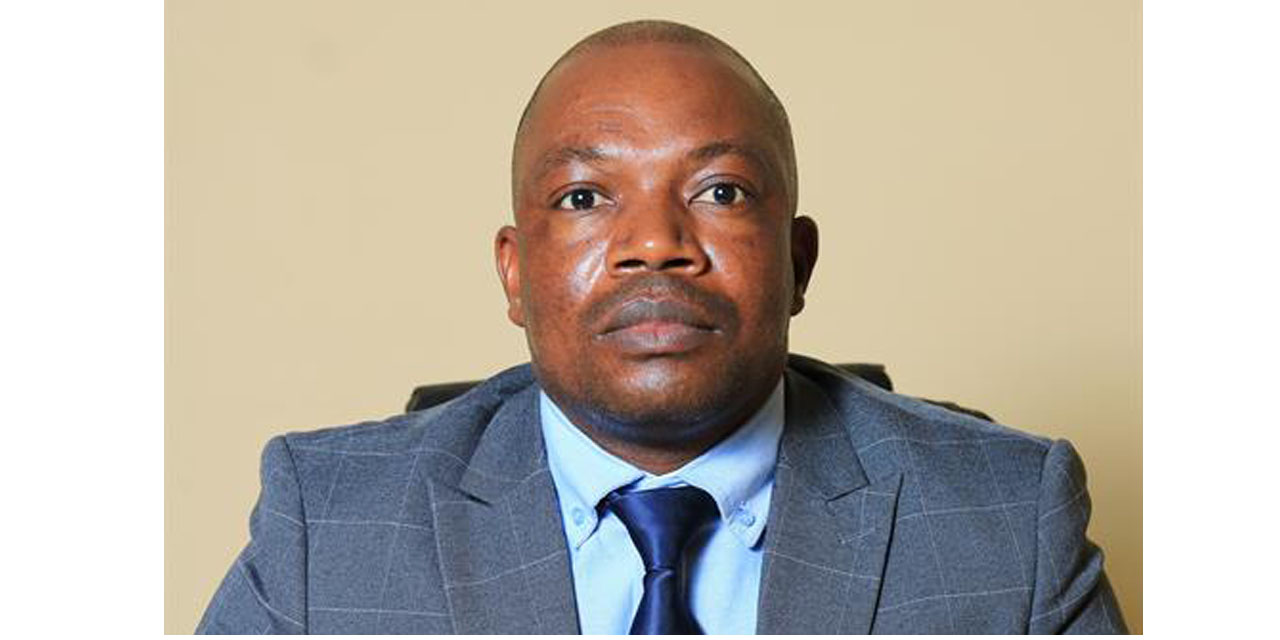Martin Endjala
The previous Boundary Delimitation and Demarcation Commission decision in 1990 to make the Mukwe constituency part of Caprivi, the now-Zambezi region, was politically motivated.
This is according to Rundu Rural Constituency councillor Paulus Mbangu.
In an interview with the Windhoek Observer on Tuesday, Mbangu clarified the issue of which region should integrate the Mukwe constituency.
“Many people are not aware of this, but let me clarify how the issue started. In 1990, when Namibia gained independence, the first delimitation commission decided to make Mukwe part of Caprivi, but Mukwe was long part of Kavango. Since they did not have a stronghold in Kavango back then and wanted to ensure they won the elections, they then convinced people to move to Caprivi, which included most of the Mukwe people, in order to have a stronghold in the Caprivi region,” said Mbangu.
During a meeting on Monday, the Zambezi residents demanded that the former boundary between Kavango East and Zambezi be reinstated.
Mbangu said the third Delimitation Commission, in 1998, decided to re-integrate the Mukwe constituency back into Kavango due to rational reasons for lack of access to public services, as people had to travel long distances to Katima Mulilo.
“This then raises the question: If the Zambezi people claim Mukwe belongs to the Zambezi, why was a decision taken by the commission to integrate it into Kavango East?” he asked.
Mbangu called for unity, peace, and harmony by respecting decisions taken to improve people’s lives.
Meanwhile, the Zambezi Region’s Kabbe South constituency councillor, John Likando stated that the practical and effective regional boundaries between the two regions are in the middle of the Kavango River.
He added that whatever happens with constituency alignment and name change, he will wait and support the majority.
“I am deeply interested in the electorate’s participation, especially that of the youth and elders. Women still have reservations about this key political discussion. I also enjoy the influence existing traditional authorities have on regional politics. Unfortunately, I will not participate in the coming regional and local government elections, so my views are independent. At this time, I need to serve as an ordinary person,” said Likando.
International, political, historical, ethnic, and oppressive regimes have punctuated the history of the current Zambezi Region, halving its size over many years, according to Sinvula Mudabeti, the national executive chairperson of the Namibian Lives Matter Movement.
He stressed that the Zambezi Region borders Botswana, Zambia, Angola, and Zimbabwe, thereby stating that the delimitation process in Zambezi has international implications that need to be considered carefully.
He said the pursuit of border delimitation and demarcation as factors for peace, security, and economic and social progress is the opposite of what the African Union Border Programme seeks to achieve.
Mudabeti is of the opinion that the levels of poverty, insecurity, and loss of economic and social progress experienced by the Zambezi region are deliberate, intentional, and oppressive.
He claimed that the delimitation had caused instability in the Zambezi, leading them to now demand the preservation of the boundary between Caprivi and Kavango.
“The cutting of land from Zambezi to other countries and regions, thought premised on the issues of administrative good, is a deliberate move that negatively affects the development of the Zambezi Region, and we have witnessed political and economic sabotage,” he claimed.
Additionally, he stated that the movement is united with the Zambezi community in combating the injustices of land dispossession, characterising it as a strategy of division and conquer.
Mudabeti stated that they also support the formation of a new constituency that stretches from the Kavango River at Bagani Bridge to the Kwando River at Kongola Checkpoint.
The commission was recently appointed by President Nangolo Mbumba, comprising five commissioners chaired by acting Judge Petrus Unengu.
The Electoral Commission of Namibia (ECN) has given the commission a three-month deadline to produce a report that will aid in accurately registering eligible voters for the November elections.




